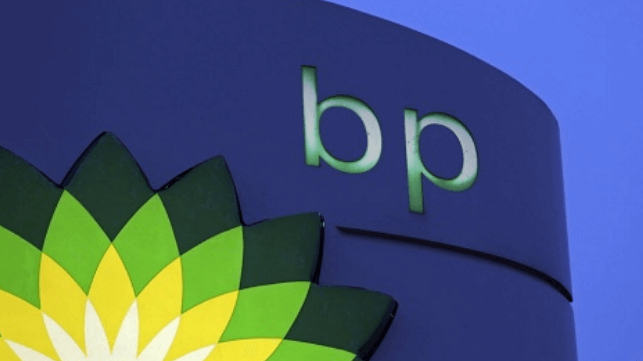BP Invests in WasteFuel’s Bio-Methanol and Signs Offtake Agreement

Energy major BP is joining the growing list of traditional energy companies looking to expand their position in the emerging bioenergy and alternative energy market. The company announced today it is investing $10 million in WasteFuel, a California-based sustainable fuel company. WasteFuel has developed technologies to convert municipal and agricultural waste into low-carbon fuels including bio-methanol.
BP will be leading the Series B investment round for WasteFuel. Previous investors include Maersk, NetJets, and investment groups including Net Zero, Prime Infra, and Marc Benioff’s TIME Ventures. According to BP, the new investment will investment allow WasteFuel to advance its plans to develop its first waste-to-bio-methanol plant in the UAE.
“WasteFuel projects will look to help with the growing volumes of global waste, while advancing the development of lower carbon solutions for hard-to-abate sectors,” said Gareth Burns, vice president of BP Ventures which will be making the investment. “Achieving decarbonization in shipping will require a step-change, and biofuels have a key role to play in helping the industry to decarbonize. We look forward to working together on WasteFuel’s next stage of growth and market development.”
The companies highlight that globally, solid waste production totals about 2 billion metric tons annually and is expected to increase to 3.4 billion metric tons by 2050. They point to the growing demand for biofuels noting that in hard-to-abate sectors, such as shipping, bio-methanol has the potential to play a significant role in decarbonization.
WasteFuel’s deployment of anaerobic digestion and methanol production technologies will convert municipal and agricultural waste into viable lower-emission alternatives to traditional fuels, like bio-methanol. The company plans to develop multiple bio-methanol plants around the world in collaboration with local strategic partners including waste companies.
The first project is expected to be in Dubai, and the company has a pipeline of additional projects to develop. In addition to helping to advance the development of the company’s plants, BP and WasteFuel have also entered into a memorandum of understanding for BP to offtake the produced bio-methanol and to work together to help optimize and improve bio-methanol production.

that matters most
Get the latest maritime news delivered to your inbox daily.
“Working with WasteFuel allows bp to offtake bio-methanol and help optimize production which could support decarbonizing shipping,” said Philipp Schoelzel, vice president of Next Generation biofuels for BP. He notes that the company is working to produce more biofuels, aiming to deliver around 100,000 barrels per day by 2030.
DNV recently noted in its analysis of the alternative fuel markets that significant investments in green methanol production are needed. They point to the accelerating pace of new orders in the shipping sector for dual-fuel methanol ships with the owners seeking the bio alternatives to maximize the green elements of their investments. In addition, the shipping industry is moving toward the first conversion programs for ships from conventional fuel to methanol dual-fuel engines. By the mid- to later-part of the decade green or bio-methanol demand is expected to have grown significantly while other alternatives such as ammonia will just be approaching commercialization.
